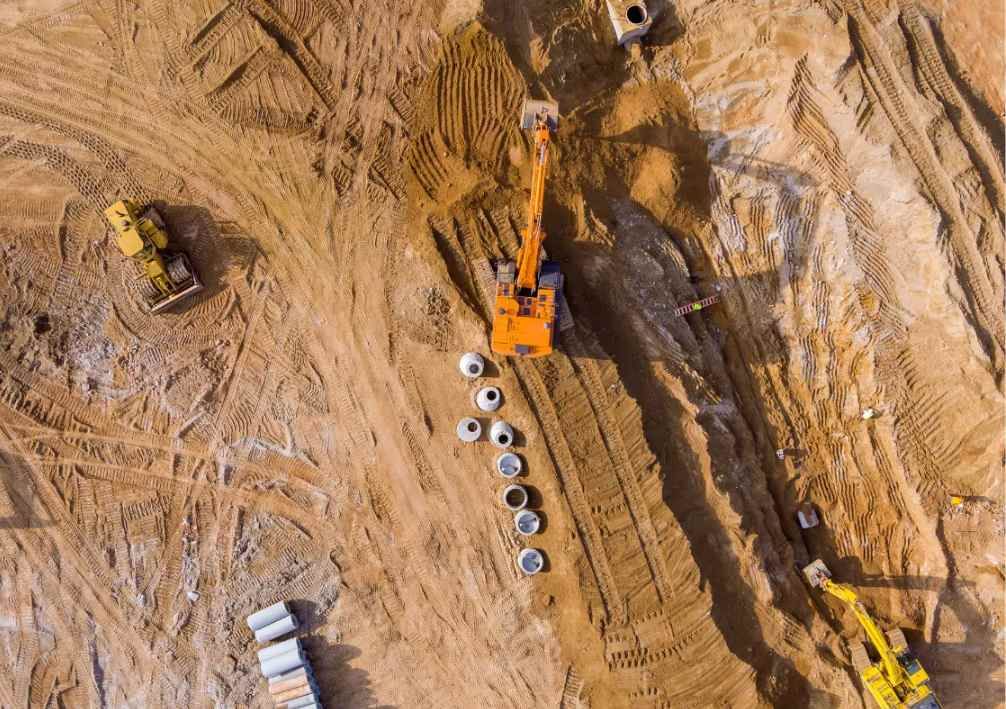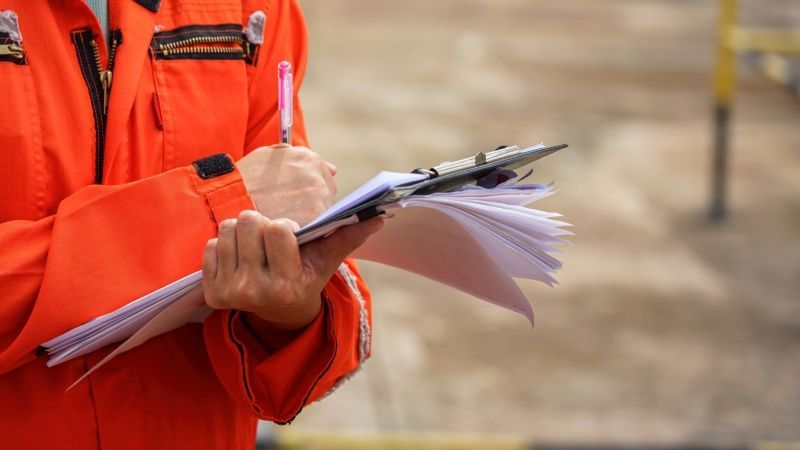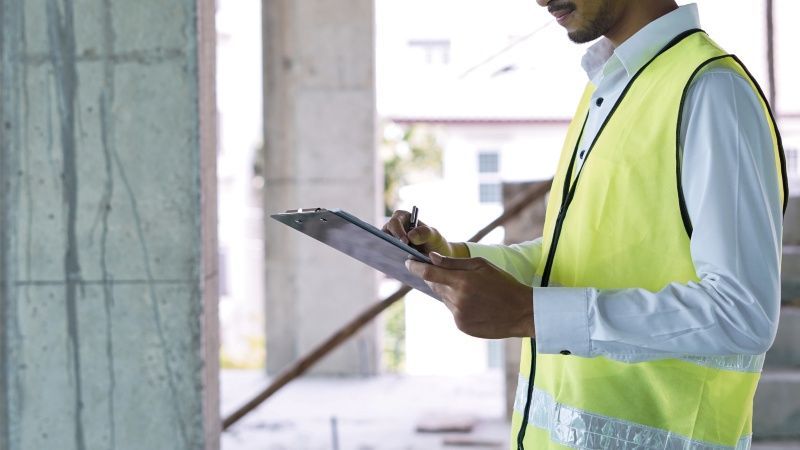Company fined $60,000 for exposing workers to trench collapse risk

Company fined $60,000 for exposing workers to trench collapse risk
This article has been reproduced with permission from AIHS, and the original version appears at https://www.aihs.org.au.
A company recently pleaded guilty and was fined $60,000 in the Goondiwindi Magistrates’ Court, Queensland, for exposing workers to the serious risk of a trench collapse.
The defendant was engaged by the Goondiwindi Regional Council in 2021 to locate a leak in an underground filtered water supply pipe. The pipe was located approximately 2.2 metres underground and a trench was dug to a depth of approximately 2.5 metres.
On 16 June 2021, the defendant directed two workers to climb into the trench to repair the pipe in a bid to fix the leak. This direction exposed the workers to significant risk if the wall of the trench had collapsed. There was no risk assessment undertaken, no safe work method statement and no supervision or training provided to the workers excavating the trench. Although the trench did not collapse, the workers were exposed to chlorine gas leaking from the pipe as it was being repaired. The following day the defendant completed a risk assessment and enlarged the trench.
The court heard there was clear guidance from both the Work Health and Safety Regulation 2011 and Excavation work Code of practice about what the defendant was required to comply with. The presiding magistrate acknowledged the purpose of the Work Health and Safety Act 2011 – to ensure the health and safety of workers and workplaces – and that there was sufficient guidance available to the defendant to comply.
The court noted the defendant was engaged in excavation work and determined they knew the risks involved, which was demonstrated after the incident when fixes were made at minimal cost. The magistrate said it was fortunate no injuries were sustained by the workers. The court accepted the defendant had entered an early plea of guilty, had no prior convictions, cooperated with the investigation, and addressed the risk post-incident.
The defendant was fined $60,000 plus court costs, with no conviction recorded.







